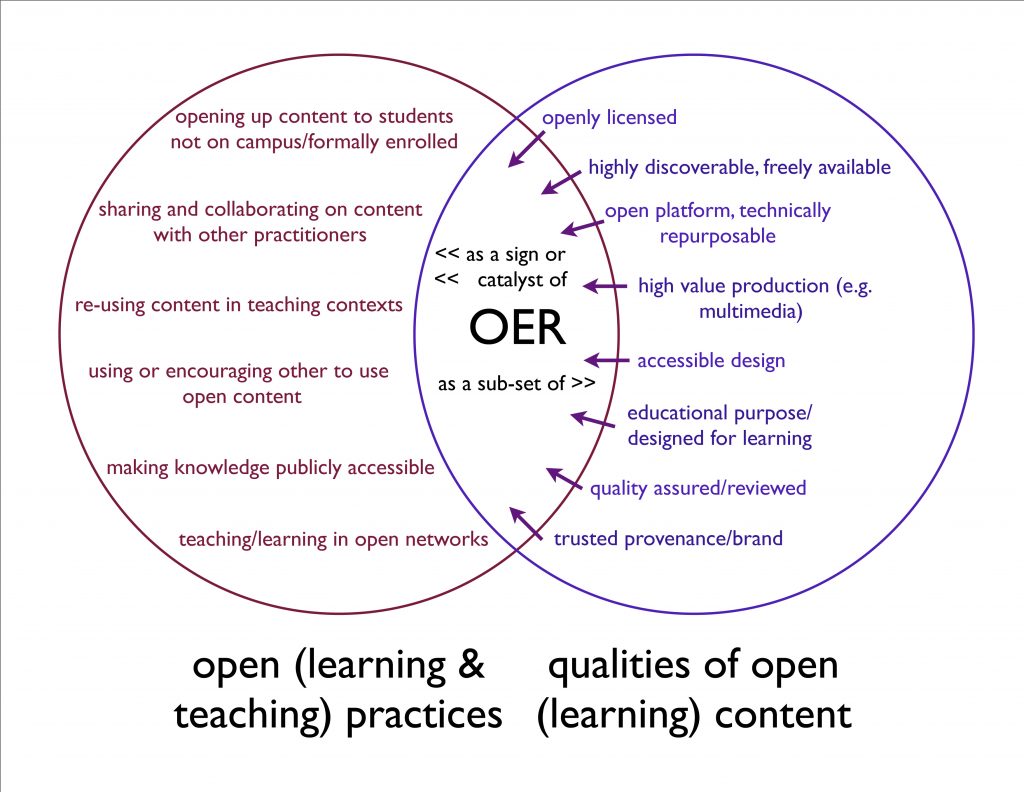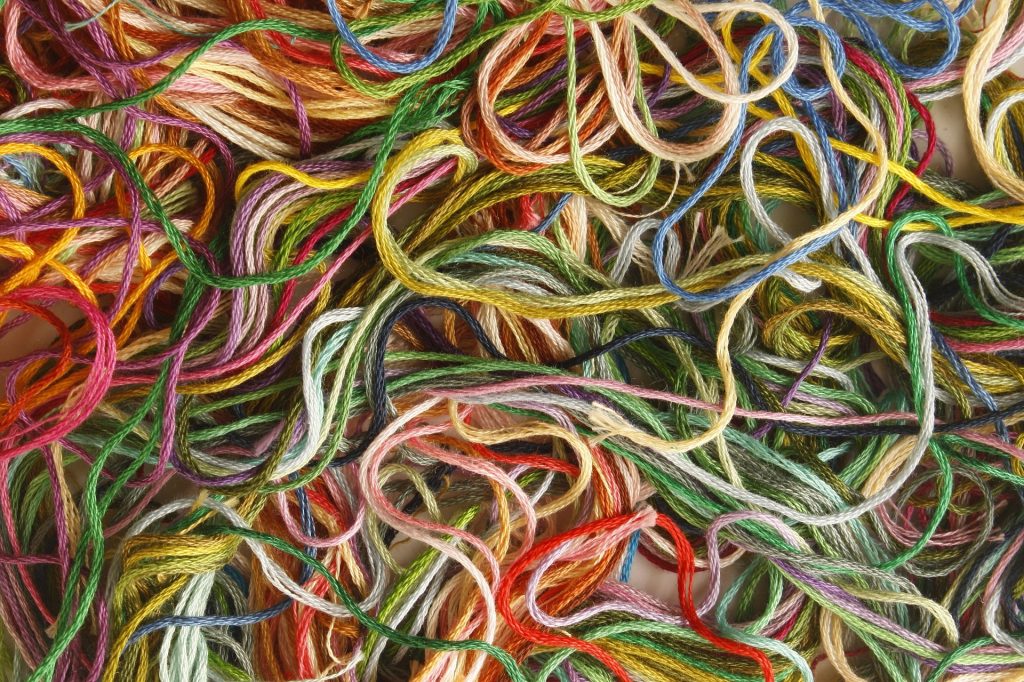This post is part of my reflection on an upcoming talk I’m giving at Douglas College about open pedagogy: “What’s Open about Open Pedagogy?” I an earlier post I started collecting some examples of activities that people have put under the umbrella of open pedagogy. Then I did some reflecting on possible differences between open pedagogy and open educational practices . In my last post I looked at open education in the 60s and 70s.
Here I’m trying to summarize what I’ve got so far around open pedagogy. This is an extension of work I did in a series of posts on open pedagogy earlier this year, all of which are linked in the last one: Navigating Open Pedagogy Part 2. In that post I did a good deal of pulling together of various threads of how people define open pedagogy, and here I’m going to try to refine it even more.
So reading that post might be a useful precursor to this post, because I’m going to do some shorthand here, based on what was discussed there. I’ll also be adding some things based on what else I’ve read since then.


